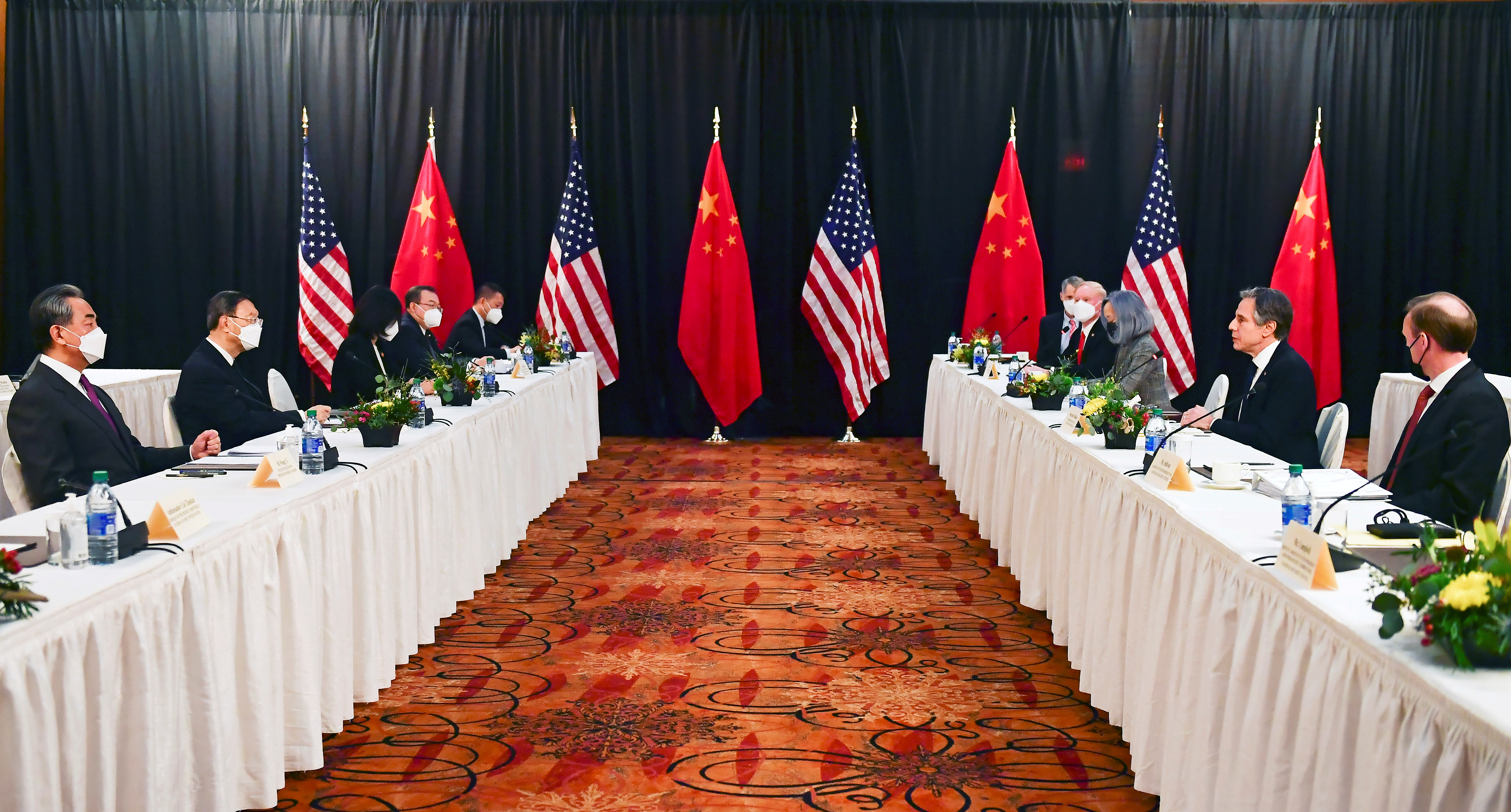Live Classes

This week’s summit meeting between U.S. President Joe Biden and Chinese President Xi Jinping in San Francisco is unlikely to resolve any of the major differences that plague relations between the world’s two biggest powers. It has, however, offered the promise of much needed respite for the world by stabilising a relationship that has recently been in free fall and brought growing concern. The summit, on the sidelines of APEC, yielded two significant takeaways. The first involved several concrete agreements, including to restart military-to-military direct dialogue and to discuss risk and safety issues involved with artificial intelligence. The second is what both sides have described as establishing a floor to the relationship. That was the goal when the two leaders last met in Bali in 2022. The Bali consensus was, however, blown away by the “spy balloon” incident. This time there is cautious optimism that this attempt at stabilisation has been built on more solid ground. But how long it will last remains an open question, especially with two potentially disruptive political events looming on the horizon. In January next year, Taiwan goes to the polls, and the outcomes could see a further ratcheting up of tensions across the strait. On Taiwan, both sides reiterated their stands, with China cautioning against interference, and the U.S. saying it opposed any change in the status quo. Meanwhile, the U.S. will, next year, go into election mode ahead of polls in November 2024, and campaign season inevitably brings heated rhetoric on China.
A longer term concern — and one that underlines the limits of this modest stabilisation — is a basic point of difference in how they see the future of their relations. As Mr. Xi put it, “the number one question” was whether they were “adversaries or partners”. He criticised U.S. framing of the relationship as being fundamentally competitive, saying it would lead to “misinformed policy making, misguided actions, and unwanted results”, and asked it to “refrain from flip-flopping, ... and crossing the lines” on issues including Taiwan and export controls. Mr. Biden, however, “emphasised that the U.S. and China are in competition” and described the immediate challenge as how to “manage it responsibly”. These differences aside, one crucial point of agreement is the apparent realisation that high-level engagement and open channels are key in preventing competition from sliding into conflict. This offers clear lessons to the India-China relationship, as the crisis along the Line of Actual Control enters its fourth winter. Dialogue in and of itself is not a concession, and as the U.S. and China have realised, building a floor, when ties between major powers are at the risk of free fall, is the first step.
Download pdf to Read More